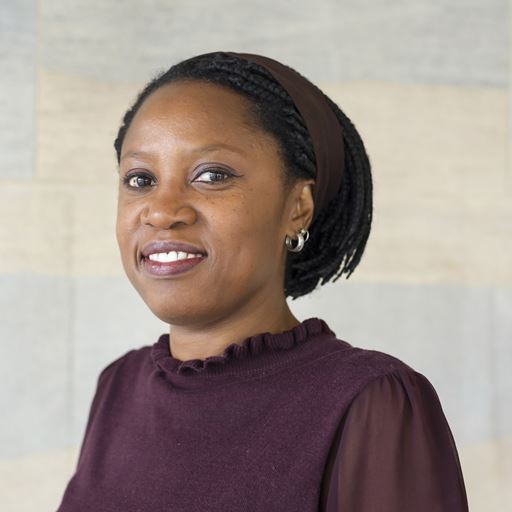When countries promote and teach one language above others
-
Date
Thu 1 Aug 19

A new project, led by the University of Essex, seeks to explore the tensions created when one ‘official’ or ‘national’ language is promoted and taught in schools ahead of other languages within multilingual communities.
The project, entitled Bringing the outside in: Merging local language and literacy practices, has received almost £300,000 from the British Academy’s Global Challenges Research Fund Sustainable Development programme and will be led by Professor Nancy Kula, alongside Drs Tracey Costley and Hannah Gibson from our Department of Language and Linguistics.
It will focus on three countries in sub-Saharan Africa; Botswana, Tanzania and Zambia. These are countries where multilingualism is widespread but the approach to education is often monolingual.
Speaking of the project, Professor Kula said: “Language is a central way in which people connect to and express their heritage, and the unique contribution that language makes in terms of world knowledge and self-determination has long been recognised.
“The cultural heritage constructed through language is often side-lined in order to promote a single, more prestigious language, under the auspices of national unity and / or economic development.
“This often means certain language and literacy practices become more highly valued than others and, for many students the practices of their classrooms are often quite different to those of their homes and wider communities – their mother tongue is actively discouraged, with no legitimate role in school.
“We believe this can lead to feelings of alienation from school and education more broadly and potentially have a negative effect on attainment.
“We will explore how teaching practices that more closely reflect the learners’ heritage can bridge the gap between multilingual communities and the monolingual classroom – thereby contributing to sustainable development, through strengthening and enhancing access to education.”
Together with colleagues from the Universities of Botswana, Dar es Salaam and Zambia, the research team will take a unique approach to examining educational policy in the chosen countries.
Professor Kula and Dr Gibson will provide expertise in the Bantu languages of sub-Saharan Africa, whilst Dr Costley will bring her specialisms in young learners’ literacy and ‘translanguaging’ – the encouragement of multiple language practices.
The project will run until August 2021.
.jpg?mh=500&mw=500&hash=6568B6C9CCF5290A596BEF6678B6AD0E)



